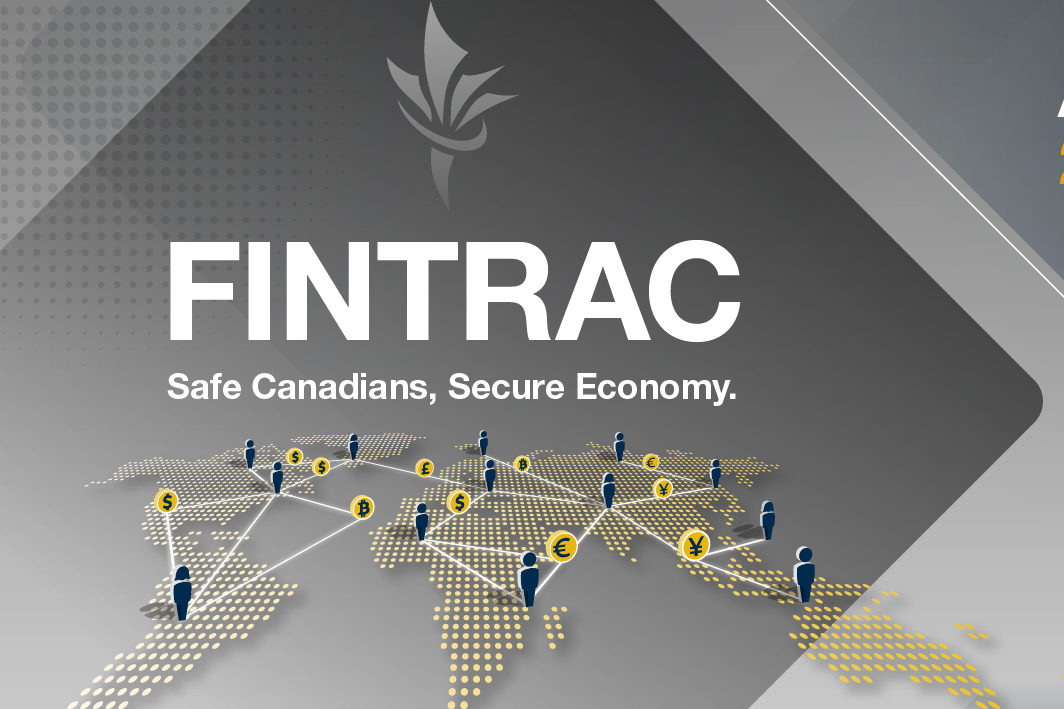By Laura Lynott, Senior Correspondent
Financial crime and compliance expert from SymphonyAI, Charmian Simmons, has told how the “explosion” of AI will see $34.7bn potentially spent on AML this year.
And Ms Simmons has predicted that this will increase by 5.7pc by 2028, to $43.7BN.
She explained that Europe sits closely behind Asia and then the U.S on its spending.
AI has caused an “even bigger impact” on financial crime compliance, than in society at large, Ms Simmons told the European Anti-Financial Crime Summit (EAFCS) at the RDS in Dublin.
She warned it was vital that companies started utilising the AI they are capable of accessing in a bid to combat crime.
“From Open AI, that explosion has had such an impact, an even bigger impact at the enterprise level, particularly in financial crime compliance,” she said.
“$34.7bn is expected to be spent on AML this year. Huge sums will be spent on transaction monitoring and in the sanction space.”
She told how generative AI was worth around $200 and $340bn. And of all industries, risk and legal is seeing the most value on how operations are run.
AI was now essential, with elections taking place and it needed to be utilised to help the avoidance of fuelling war crimes in a turbulent geopolitical landscape.
“These are some of the real challenges and questions being dealt with,” she said. “Generative AI, large models which are specialised in financial crime and banking now need to be proficient in AML, fraud and crime,” she said.
“It helps to limit and drop down false positive rates. This is one type of technology proven to reduce it.”
AI was also now being utilised in Fintech to reduce operation costs and increase efficiencies, she told the packed audience of legal and tech representatives at the RDS.
Ms Simmons told how companies are now examining risk analysis and utilising cost and generative AI.
“They’re asking what they know about customers and do they understand what they know about that customer,” she said.
“They’re trying to collate the information and they’re looking at anomaly detection, change in behaviour, things that change, that are in a pattern, what is different in that customer, the behavioural side of that customer, how money is flowing into that system or out of there at the same time.”
AI was also being utilised for temporal analysis to establish where you factor in how long a person has been making transactions, how long they have been living an address, among other matters.
“AI can be used to help me understand my customers,” she said. And importantly in a bid to help avert from time being wasted, she said, AI was also helping to establish exactly what alerts are important.
“Once alerts are generated, the next area with the most value is using it to help with alerts,” she said.
“AI can help you understand what is defined as low risk and with the risky stuff, to give a bit more depth. It increases the efficiency, how you perform an investigation and get to an answer.”
She also pointed out that it was now increasingly important for PPPS to share information in a bid to clamp down on cyber crime.
“Data is key and how we utilise it,” she said. “We must use it to the best of our advantage.
“And now anything that could take between three to eight hours, AI can do in 20 minutes – that is how the tech can benefit us.”
Payments is now one of the biggest areas of growth adoption, she said and this includes instant payment, cross border payments and the detection of payments.
AI is now evolving every six months, she told the audience and firms had to thus, keep learning.
“We can’t sit so far behind the criminals in the banking system or within the crypto world,” she said.
Businesses now needed to ask themselves, she said: “How can you help law enforcement and provide data. FIUs are adopting the tech, in terms of what is suspicious and how do we prevent it.
“How do we educate ourselves in the right way, to improve how financial crime operates… Tech isn’t always the silver bullet, but it helps us understand and optimise how AI is being used.”
Share this on:
Follow us on:








